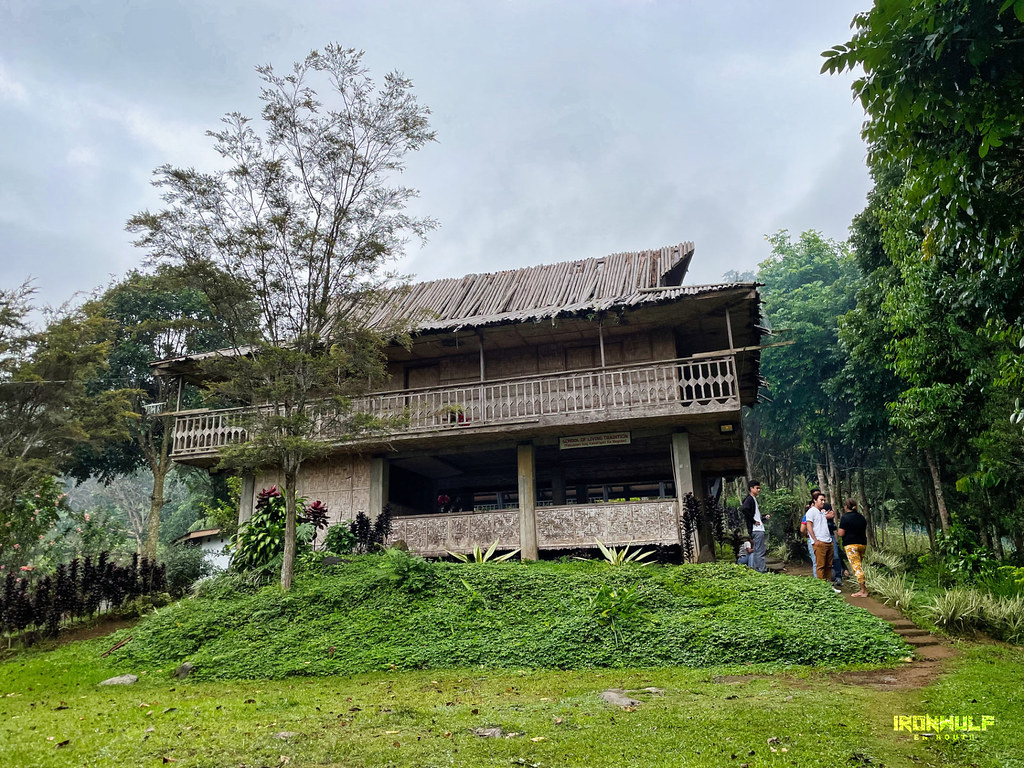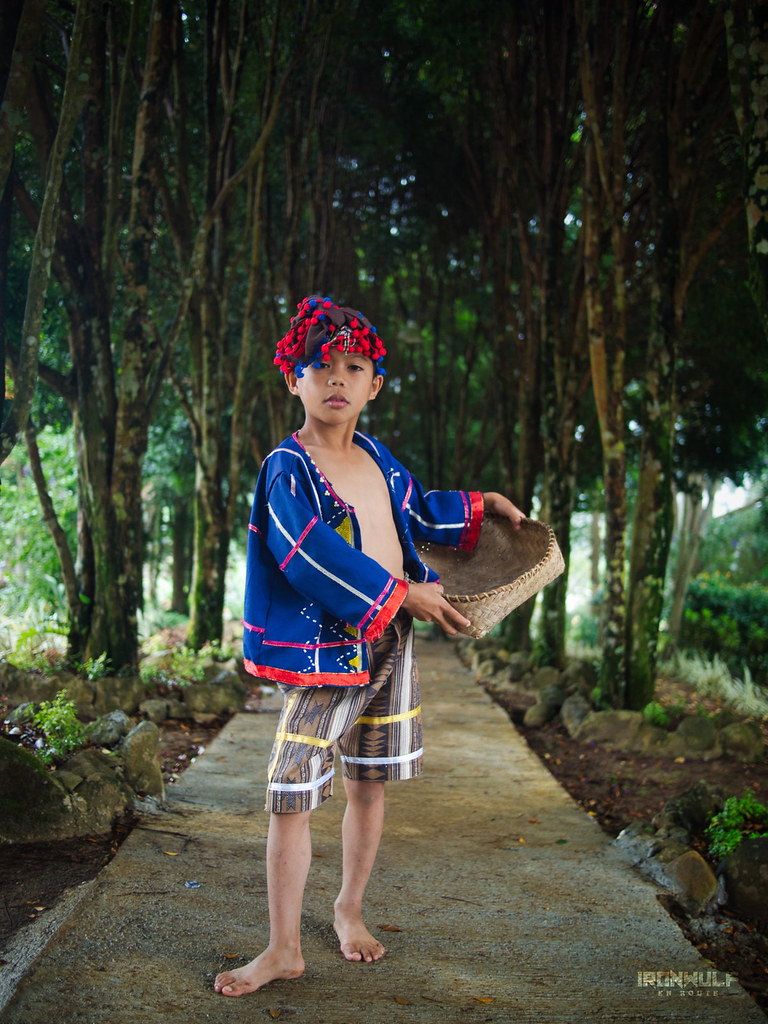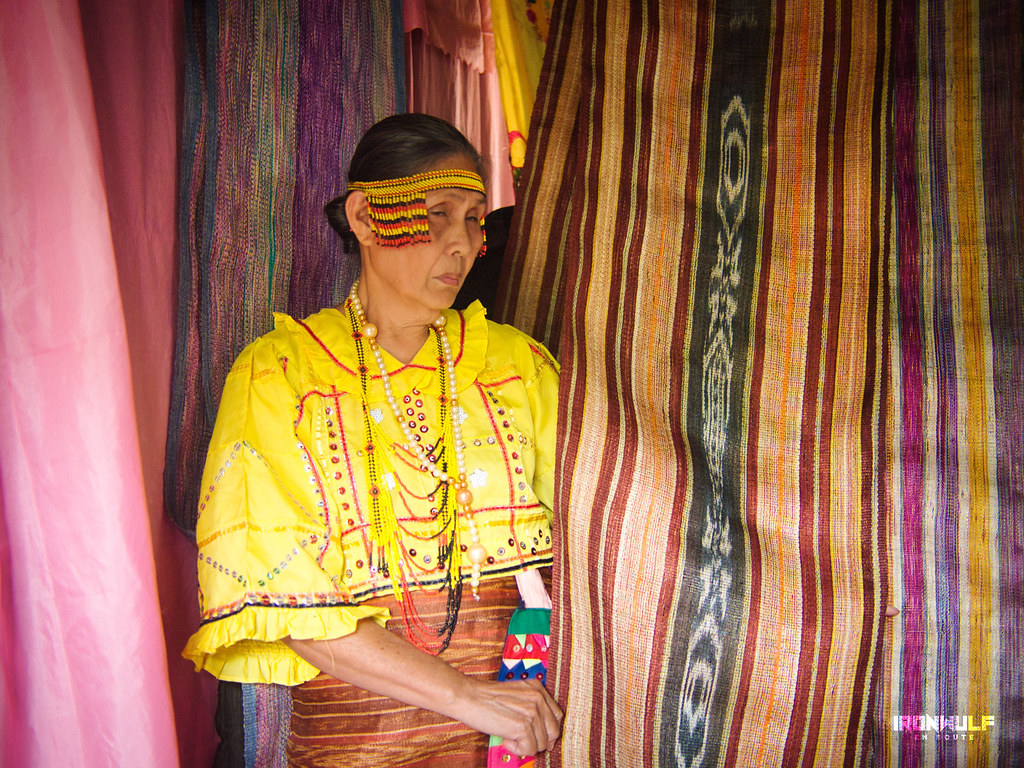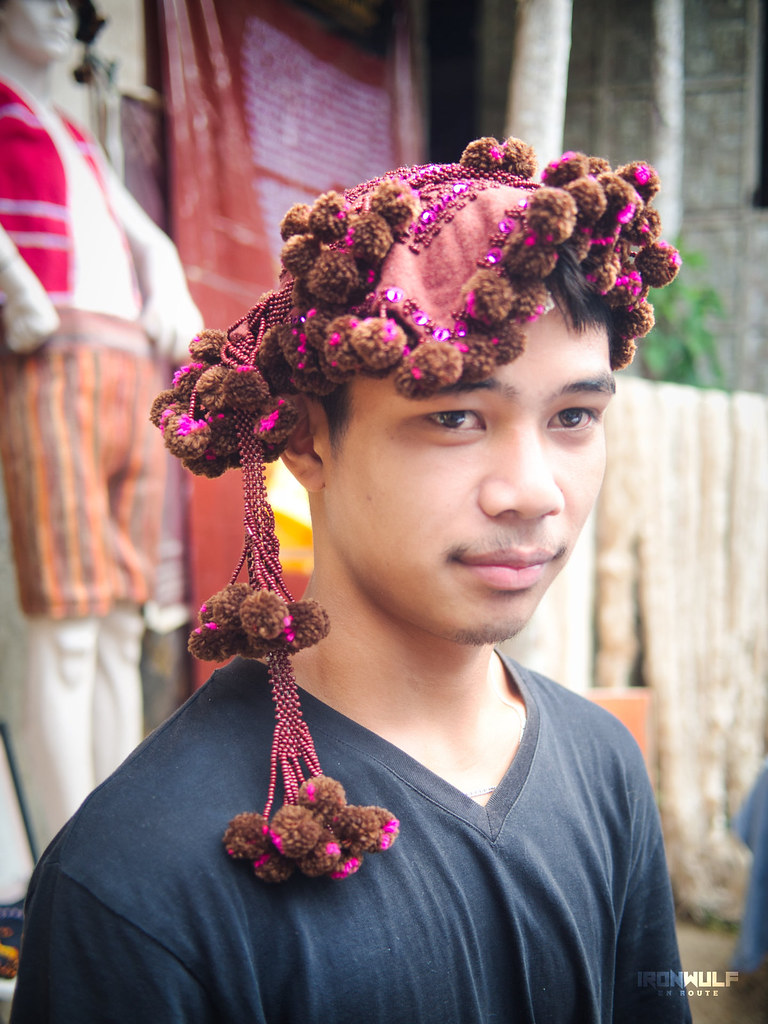[ad_1]
Nestled on the foothills of the mighty Mt. Apo, the best mountain within the Philippines, the Bagobo ethnic group thrives. Throughout our journey to Davao del Sur, we had the privilege of immersing ourselves within the tradition of the Bagobo-Tagabawa, also referred to as the “Individuals of the South.” This subgroup, residing in villages like Tibolo and Bansalan, offered us with a glimpse into their wealthy heritage, with a particular give attention to the Bagobo-Tagabawa Cultural Village and the legacy of Salinta Monon.
The Bagobo-Tagabawa Cultural Village
The Bagobo-Tagabawa individuals, primarily agricultural, domesticate rice and crops whereas often elevating livestock. Rooted in animism, some have additionally embraced Christianity. Their stilt bamboo homes with thatched roofs, located in Tibolo, showcase their distinctive way of life. Adorned in vibrant clothes reflecting their creative ability, the Bagobo-Tagabawa are expert in beadwork and weaving.

Our go to to the Cultural Village, perched on a hill in Tibolo, allowed us to expertise their heat hospitality in Datu Ruben Corridor. The open perform corridor, cooled by a relentless pure breeze, and surrounded by bushes and foliage, created a pleasing ambiance. The Bagobo-Tagabawa handled us to fascinating conventional music and dance, accompanied by mesmerizing gongs. We indulged in native delicacies similar to nilutlot na manok, native corn espresso, and lemongrass tea. A brief stroll from the corridor results in the Faculty of Residing Traditions (SLT), the place fanatics can deepen their understanding of Bagobo-Tagabawa crafts and traditions. For these searching for an immersive expertise, lodging in native homes can be found.
For extra data on the Bagobo-Tagabawa Cultural Village, go to their Fb Web page fb.com/profile.php?id=100057607742350

Salinta Monon, the Final Bagobo Weaver
In our journey to Bituag, Bansalan, we paid homage to Salinta Monon, the “final Bagobo weaver.” Famend for her Bagobo-Tagabawa ikat textile weaving, generally known as “inabal,” Salinta Monon earned the title of Nationwide Residing Treasure in 1998. Visiting her humble residence, we have been graciously welcomed by her granddaughter, Love, and her first pupil, Estella, together with their households. Salinta Monon handed away on June 4, 2009, abandoning a legacy symbolized by her golden Centennial Bust Statue displayed exterior her home together with samples of inabal, tangkulo scarf, and abaca fibers.
On Might 16, 2022, the municipal authorities of Bansalan unveiled the Beginning Centennial Bust Statue and Marker in commemoration of Salinta Monon’s centennial yr. By way of the devoted efforts of her kin, neighborhood, and organizations, her residence has remodeled right into a cultural heart preserving the heritage of Bagobo-Tagabawa weaving.
For more information on Inabal and Bagobo Textile Weaving, contact her granddaughter Monon ReyRose at fb.com/profile.php?id=100009208257346
Our exploration of the Bagobo-Tagabawa Cultural Village and the tribute to Salinta Monon offered a profound perception into the wealthy cultural tapestry of the Bagobo-Tagabawa individuals. The expertise left us with a deep appreciation for his or her traditions, craftsmanship, and the significance of preserving these invaluable points of their heritage.


Ferdz Decena is an award-winning journey photographer, author and blogger. His works has discovered print in publications similar to Singapore Airways’s Silver Kris, Philippine Airways’ Mabuhay, Cebu Pacific’s Smile and Seair InFlight. He has additionally lent his experience to varied organizations just like the Oceana Philippines, Lopez Group Basis, Save the Kids and World Imaginative and prescient, contributing high quality pictures for his or her advertising supplies.
[ad_2]









